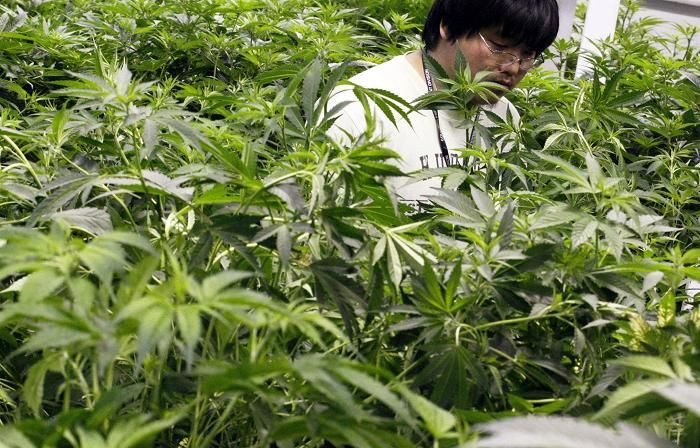Marijuana Taxes Could Be Coming In Colorado, California, and Maine

As more states consider legalizing marijuana for recreational use, users may soon expect to pay a marijuana tax on top of their purchases. Just as many states make additional money off the sale of alcohol, tobacco, and other vies, states like Colorado could soon be looking to line their pockets with
According to Politico, one Colorado congressman believes that a marijuana tax is the best option to boost the state’s economic reserves. By the estimations of Rep. Jared Polis (D-Colo.), the state could make tens of millions in additional revenue each year simply by taxing the state’s now-legal marijuana. Most estimates for this proposed marijuana tax would add a $50 fine on top of each ounce of marijuana, an amount which can sell for between $200 and $400, depending on the strain.
“I’ve seen some estimates in the high tens of millions, as much as $100 million,” Polis told Politico. He says that the additional money earned through a marijuana tax could make a “substantial dent in needed school improvements, particularly in poorer districts.”
Colorado isn’t the only state looking to boost its cash reserves with a shot in the arm from a marijuana tax. The Raw Story reports that a bill to legalize and tax marijuana has more than 35 sponsors in the Maine state legislature. “Support for changing our marijuana laws is growing as more and more elected officials realize it makes no sense to maintain a system of prohibition for a substance that is objectively less harmful than alcohol,” David Boyer, Maine political director for the Marijuana Policy Project, said in a statement. “Maine can and should take a more sensible approach to marijuana policy, and we are glad to see so many legislators agree.” California and Washington are pushing for a similar taxation system, especially now that marijuana is effectively legal in both states. Considering that the California branch of the National Organization for the Reform of Marijuana Laws (NORML) believes California could bring in well over a billion dollars in badly-needed taxable income, it’s a compelling argument for many, especially considering the increasingly large audience for marijuana.
In the past decade, the number of elderly Americans who use marijuana has risen considerably. Between 2002 and 2011, the number of Americans over 55 that used marijuana jumped from 1.9 percent to 6 percent, according to research by the National Survey on Drug Use and Health.
The rate of use for Americans between the ages of 18 and 25 increased as well, but not as drastically (17.3 percent to 19 percent in the same time frame). All of this points to one thing: More Americans are smoking pot, which means more possible revenue for those in favor of enacting a marijuana tax.
Still, not everyone believes that a marijuana tax will be able to drastically improve a state’s finances. “This is not a cash cow that can solve anyone’s fiscal problems,” Jeffrey Miron, a Harvard economics professor and a pro-legalization speaker at the Cato Institute, told Politico. “There is a lot of exaggeration about how big the revenue can be.”
© Copyright IBTimes 2025. All rights reserved.






















